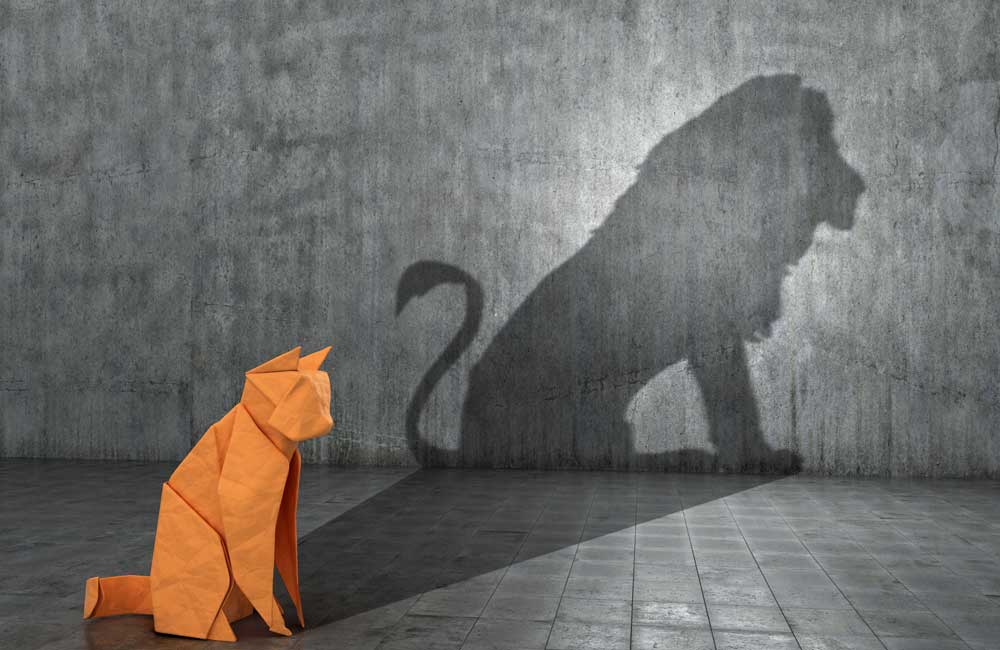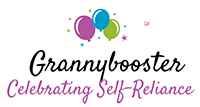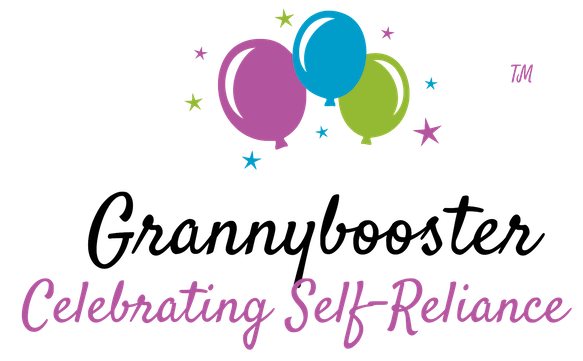
It Can Slip Away With Age but Can Be Restored by Rejecting Old Age Stereotypes
Some of you may have a feeling of Deja vu reading this. When you were a kid, maybe you recall taking on a bigger-than-usual grade school project; or, you had dreamed of trying out for soccer, or, just helping your mother wash her rare china, one day, you accidentally dropped several dishes. Perhaps it’s just a fragmented memory, but your parent’s response was a huge disappointment because it came from a person you had counted on for loving support:
“You can’t do that; you’re going to fail if you try.”
“Look what you’ve done – you’re like a bull in a china shop”
“You’ll never succeed.”
“You’re not up to it – you don’t have the skills.”
Such admonitions, dire projections, and promises of failure are hurtful. They can erode feelings of self-worth and kill incentives, especially, when they come from people who claim to care about us. When fed to children, especially, those who should be receiving encouragement these affronts can crush self-confidence and create lasting self-doubt and feelings of inferiority.
But what about we older people in good health who have had successful careers and reach post-retirement age, but still feel productive? Maybe we think about starting a small business, or we want to continue in a job we love. Then, one day when we pass the hallway mirror it hits home that we look old. There’s the sudden realization that maybe our physical appearance affects people’s confidence in us. Our mind begins to jump ahead, and we’re confronted with the thought that maybe we’ve lost our energy, creativity, talent, and competence. In other words, our shelf-life has come to term.
According to Live Bold & Bloom, so much self-confidence is invested in how we look and how we think others perceive us. As we see the signs of aging, we not only have to deal with the pain of physical changes but also the stress of accepting we have little control over the situation. It’s a double blow to self-confidence.
Good Therapy tells us that one thing you can do to hang on to self-esteem may be to reject stereotypical expectations of old age. Research suggests “age rejectors” have better mental health overall, including greater ego strength and an active mastery style. They don’t deny their age, but they refuse to accept the negative stereotypes that may be associated with it. They have a more positive self-image than their counterparts who identify as old and weak, or old and lonely.
Researchers aren’t sure exactly what contributes to healthy self-esteem in adulthood, but we do know self-esteem is generally associated with emotional stability, conscientiousness, and the directing of one’s attention and interests outside of the self, referred to as extroversion. If there is one take-away from this it’s that if we have mental acuity and our memory is holding, we can exercise the same talent, capability, and ingenuity that made us successful in the first place. We can go one better than younger people, because of the experience we’ve earned by putting in the years.

We want to hear from you, so feel free to share tips, ideas, and resources for seniors with Grannybooster. Email me, Maris Somerville, at [email protected]


Leave a Reply